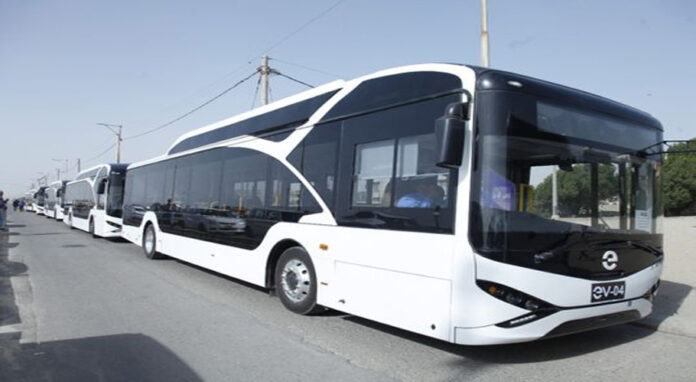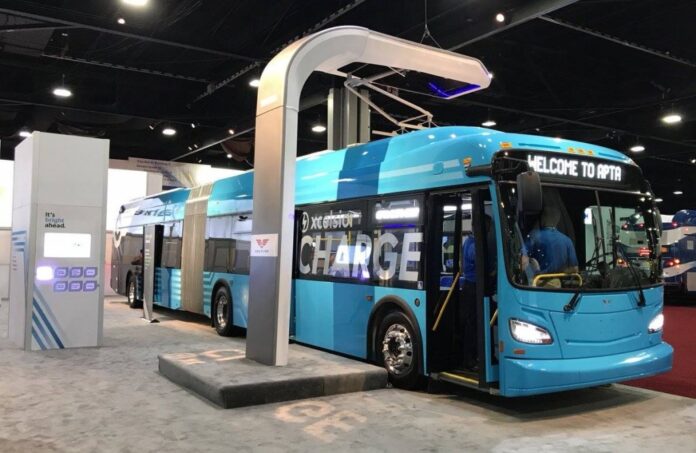The Capital Development Authority (CDA) has taken a monumental step towards sustainable urban transport by welcoming the first shipment of 146 electric buses in Islamabad. This initiative aims to provide residents with an eco-friendly and efficient travel experience.
Details of the Arrival
According to CDA officials, this initial batch is part of a total order of 160 electric buses, with the final shipment of 14 buses already en route from China. The integration of these buses marks a significant milestone in Islamabad’s journey toward modern, environment-friendly public transport.
Infrastructure Development
The CDA has initiated the construction of a zero-point charging station to support the operations of these electric buses. However, the project has faced delays in the past due to the cancellation of tenders twice. This setback has now been resolved with the issuance of a revised tender at reduced costs. The development priorities include:
- Preparing chargers and parking areas.
- Setting up temporary offices in containers for initial operations.
- Training drivers within a month to manage the new routes effectively.
Approved Routes
In the initial phase, these buses will operate on four approved routes:
- Park Road
- B-7
- PWD
- I-8 and I-9
The service is expected to commence shortly, providing a seamless travel experience to residents of these areas.
Progress in Punjab
In a related development, the Punjab government has announced the introduction of 102 electric buses for Rawalpindi. This service will cover an extensive 84-km network, including 10 major public transport routes. The provincial government has allocated Rs 4.7 billion to this project, aiming to reduce environmental pollution and improve air quality significantly.
Key Routes for Punjab’s Electric Buses:
- Taxila, Wah Cantt, and IJP Road to Aktree 26
- Daulatala to Rawalpindi
Punjab’s Transport Minister, Bilal Akbar Khan, confirmed earlier this year that the electric bus service would commence operations in 2025.
Environmental Impact
The introduction of electric buses in Islamabad and Rawalpindi is poised to transform public transportation, significantly reducing greenhouse gas emissions and environmental pollution. These initiatives reflect the government’s commitment to promoting sustainable urban development.
Conclusion
The arrival of electric buses in Islamabad marks the beginning of a cleaner and more efficient era of public transportation. With strategic infrastructure development and route planning, this initiative is set to enhance travel experiences while addressing environmental challenges. Residents can look forward to a modern, eco-friendly transit system in the near future.



